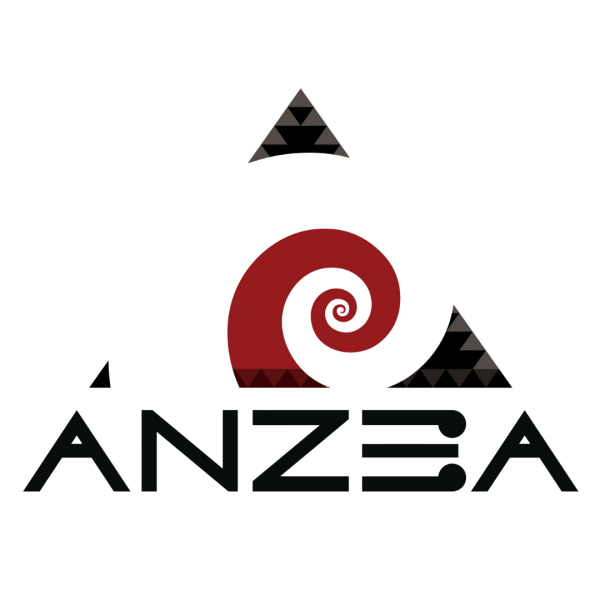Making difficult decisions about the allocation of limited resources is a persistent challenge for public services. During periods of fiscal constraint, the pressure to make wise choices intensifies. While there is strong demand for return-on-investment indicators - such as estimating the social value created for every dollar invested - these metrics provide only a partial view of value-for-money, especially in complex social settings.
The Value for Investment (VfI) approach addresses this challenge by integrating insights from both economics and evaluation. VfI uses evaluative reasoning, mixed methods, and stakeholder participation to deliver a more nuanced, robust assessment - one that reflects the complexity of real-world social investments.
We are pleased to invite you to join Julian King for an introductory workshop on the VfI approach. In this session, you will learn how to:
-
Pose and answer critical questions about good resource use to create social, cultural, environmental, and/or economic value.
-
Define value-for-money in the context of specific policies or programmes.
-
Select and justify a combination of methods from evaluation and economics.
-
Make robust evaluative judgements and communicate findings clearly to decision-makers.
This interactive workshop is not designed to make you an economist; other training opportunities exist for those seeking in-depth knowledge of methods such as social cost-benefit analysis or social return on investment. Instead, this session provides an overarching framework and practical skills to guide evaluation design, the savvy use of qualitative, quantitative, and economic methods, and the synthesis of mixed methods evidence to reach and report clear judgements.
While the workshop focuses on providing better answers to value-for-money questions, the rubrics-based skills you will acquire are transferable to any evaluation context.
This workshop is ideal for evaluators, policy analysts, government officials, NGO staff, development practitioners, and consultants (whether novice, intermediate, or advanced) seeking a practical, evidence-based approach that is used worldwide to assess value-for-money in complex policies and social investments.
Julian King is an Auckland-based public policy consultant. His professional background includes over 20 years evaluating policies and programmes in high, middle and low-income countries. Julian developed the Value for Investment approach through doctoral research. He received the 2021 Australian Evaluation Society (AES) Evaluation System Award in recognition of the contribution made through the VfI approach. Julian is a member of the Kinnect Group, an Associate of Oxford Policy Management, a member of Verian Group's Centre for Value for Money (VfM), an Honorary Fellow at the University of Melbourne and a University Fellow at the Northern Institute. He is a member of ANZEA and the evaluation societies of Australia, UK, USA, and Europe. Julian specialises in evaluation and VfI capability development.
Read more about 'Value for Money'...
Posted in
news,
ANZEA Event;
Posted
8 months ago
By
Chanel Partridge
2 Minute(s) to read
